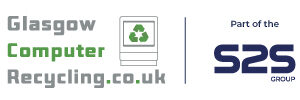This website uses cookies so that we can provide you with the best user experience possible. Cookie information is stored in your browser and performs functions such as recognising you when you return to our website and helping our team to understand which sections of the website you find most interesting and useful.
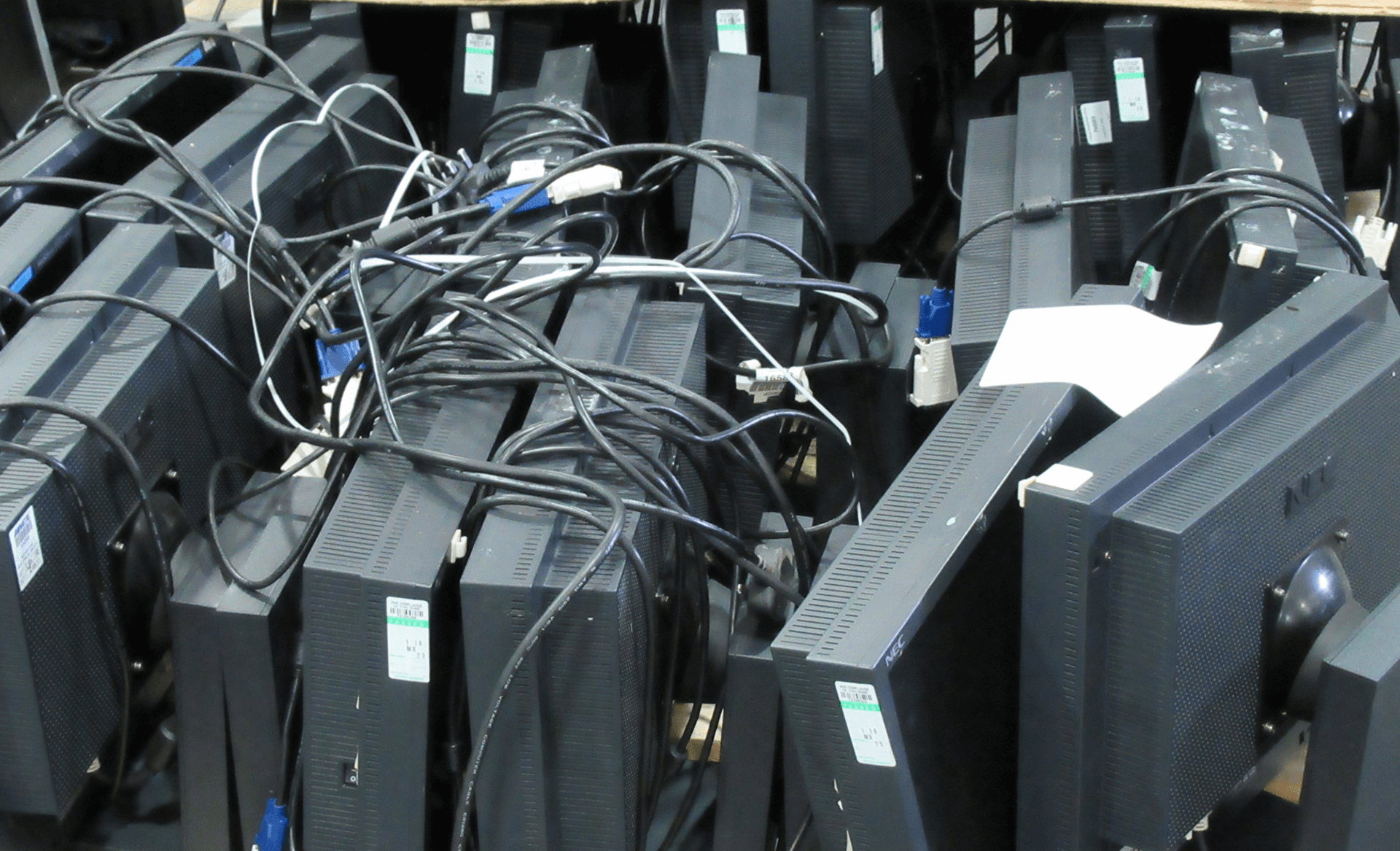
WEEE Recycling
Waste Electrical and Electronic Equipment recycling (WEEE)
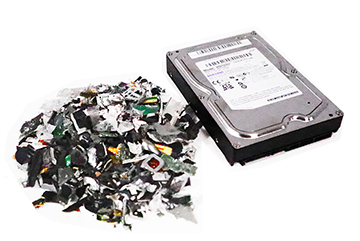 What is WEEE Recycling?
What is WEEE Recycling?
Waste Electrical and Electronic Equipment recycling (WEEE) is a specialist section of the waste and recycling sector. Recycling this electronic waste (e-waste) requires specific treatment and under the UK WEEE Directive businesses have a legal responsibility to ensure that they follow the directive.
The Waste Electric and Electronic Equipment (WEEE) Regulations 2013 (“the Regulations”) became law in the UK on the 1st of January 2014 and replaced the 2006 Regulations.
WEEE waste commonly has components that contain hazardous materials to the environment and if disposed of improperly these materials can find their way into the soil and water systems.
Why use Glasgow Computer Recycling for WEEE collections?
Glasgow Computer Recycling provides a simple, hassle-free, and cost-effective solution to allow businesses to securely, legally, and responsibly dispose of their e-waste or WEEE recycling. Glasgow Computer Recycling offers customers
- Free recycling certification
- Is a registered waste carrier
- Holds all relevant environmental permits
- Has externally audited onsite inspections
- Provides WEEE containers and bins if needed
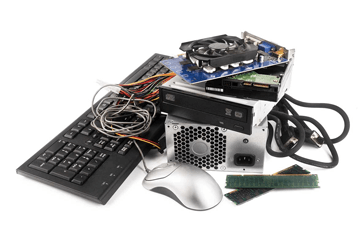 Which electrical items can Glasgow Computer Recycling process?
Which electrical items can Glasgow Computer Recycling process?
Whatever the volume, Glasgow Computer Recycling can collect the following electrical waste items:
- Circuit boards – PCPs & CPUs
- Hard drives and external memory drives – SSDs, HDDs, and Floppy Disks are e-waste items that require correct WEEE disposal
- Medical equipment – Specialist equipment such as diagnostics equipment, pressure monitors, and ECGs require specialist WEEE disposal
- Monitors – LCDs, CRTs, and TFTs
- Metals – copper, stainless steel, and aluminium are all metals which are found in waste electrical items and can be reclaimed
- Lead acid batteries – It is important that these batteries are collected and treated as per the WEEE directive legislation.
Step 1 – Waste Collected
Your WEEE waste is collected by verified staff using secure vehicles
Step 2 – Waste Assessed
The WEEE waste that has been collected will then be value assessed
Step 3 – Waste Processed
WEEE waste is broken down and recycled with no waste going direct to landfill
Step 4 – Certification of Destruction
Certification of destruction is digitally sent to you, along with any rebate applicable
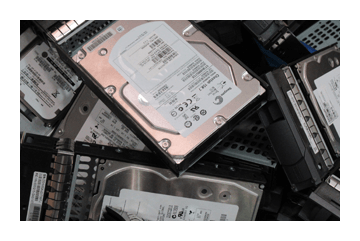 The importance of electrical waste recycling
The importance of electrical waste recycling
According to the HSE, an estimated 2 million tonnes of WEEE waste are generated in the UK alone. In fact, any electrical item can end up as e-waste once it has reached a redundant stage. Whether down to breakage, performance, or life span WEEE waste contains toxic materials which if left can become hazardous and even toxic when not disposed of correctly.
Not only is there a legal obligation on businesses within the UK to correctly dispose of these electrical waste items, but businesses also have to take responsibility for correct disposal to mitigate the risk of danger to the environment.
Using Glasgow Computer Recycling ensures that your business is complying with all relevant legal obligations, and you can be sure that your waste is treated in the most environmentally responsible way. Added to this Glasgow Computer Recycling will ensure that the data held on these items are securely processed in line with GDPR data protection legislation.
